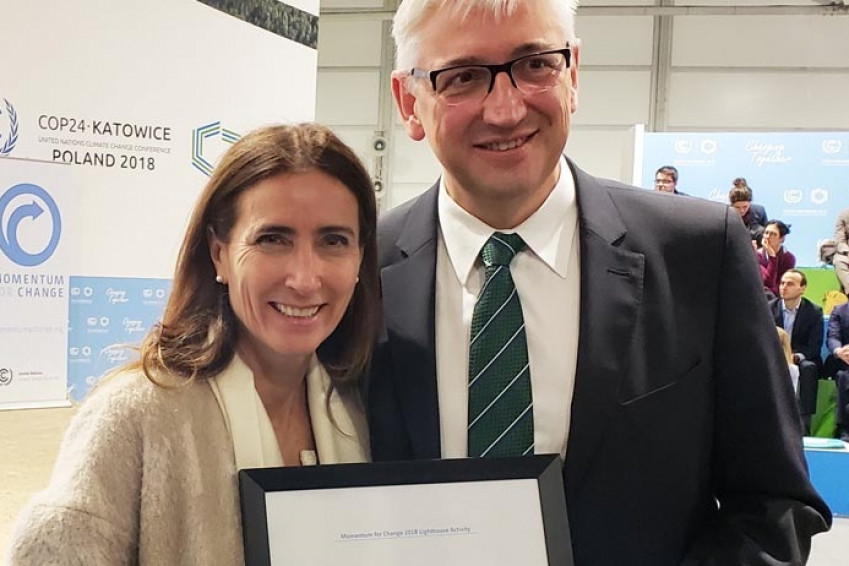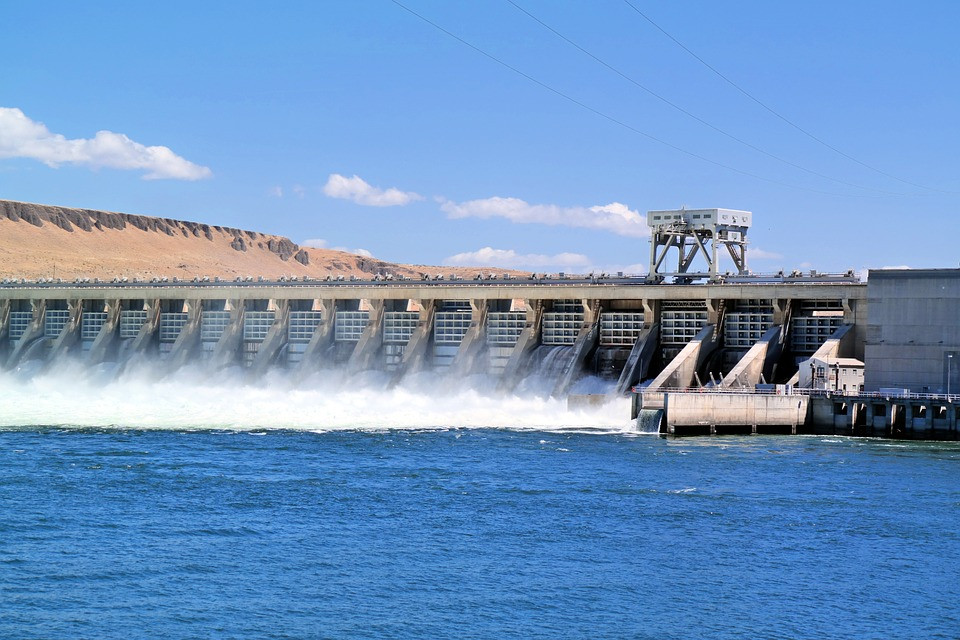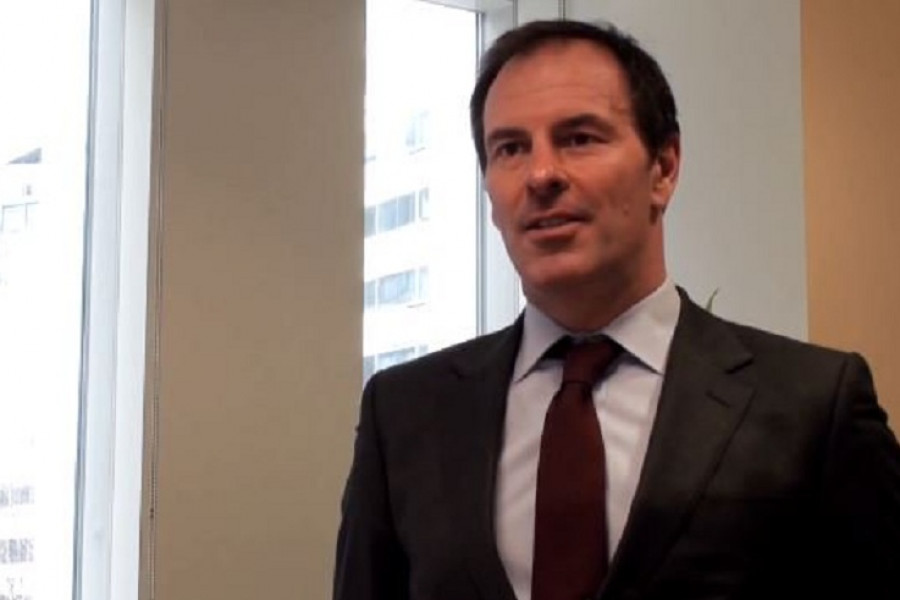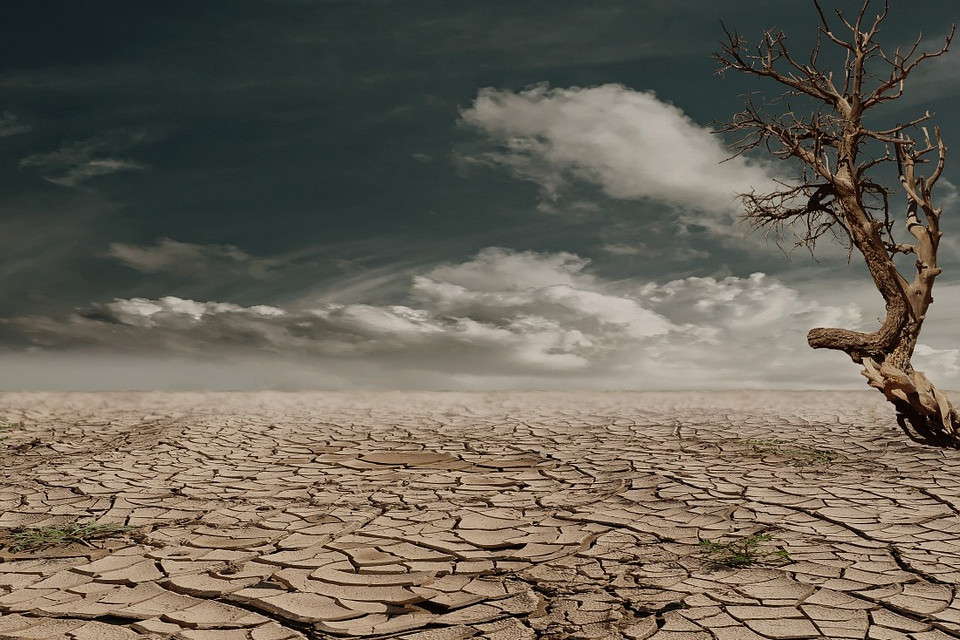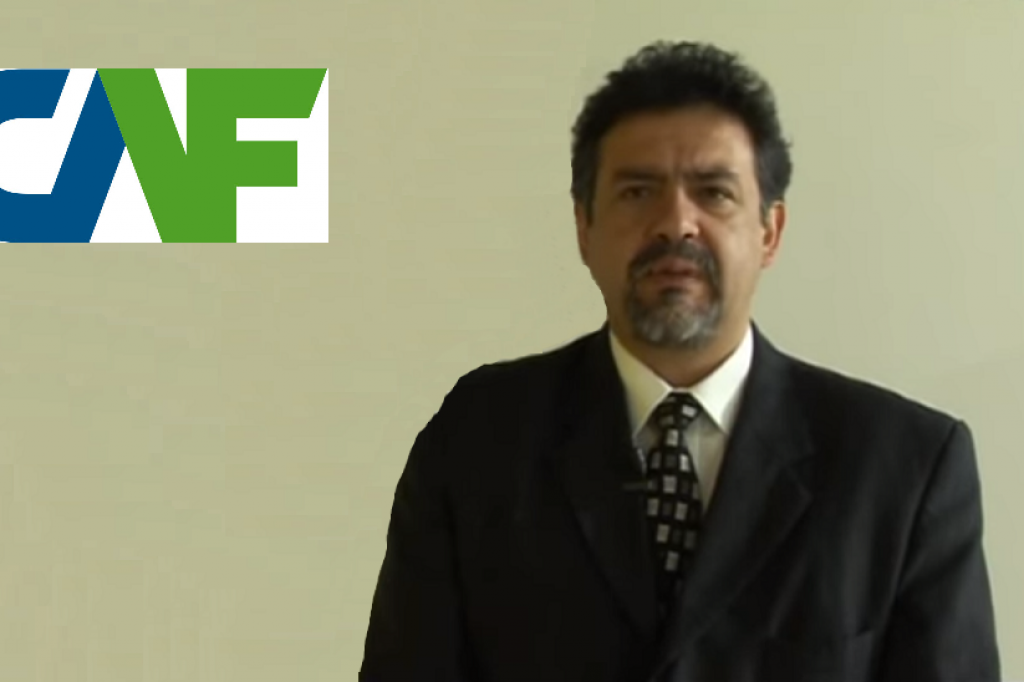During the last four decades, we have exceeded our planet's capacity so much that we now have to act urgently to make that deficit good. Climate change is the most palpable effect of these excesses. Latin America is not only a region with special vulnerability, but also a region with tremendous potential to spearhead this change.
Everyone in Latin America is highly vulnerable to the effects of climate change, given that more than half everyone lives in those countries with a higher index of socio-ecological vulnerability. It is the women, girls and boys, the elderly and farmers who are the most vulnerable. In addition, poverty, inequality and rapid urbanization with insufficiently planned infrastructure are key vulnerability factors.
Cuba, Guatemala, El Salvador, Honduras, Nicaragua, Venezuela, Bolivia and Paraguay are the Latin American countries with the highest climate risk index.
According to the La Rábida - Huelva Report on “Climate Change and Sustainable Development in Ibero-America”, the first result is that the effects of climate change can be easily seen in rising temperatures, which will rise 6.7º in some places in Latin America if the current trend is not reversed. Also, the increase in sea level, which continues with a tendency of 2 to 4 mm. per year, which would mean reaching a total of 80cm of rise in some places, with the consequent disappearance of major population centres.
Investments to adapt to the effects of climate change in all sectors, including infrastructure, is only part of the necessary action. In addition to adapting to the effects of global warming and minimizing (mitigation of) greenhouse gas emissions, we have to regenerate to cover the deficit we have accumulated.
Working with a regeneration approach is key to achieving true sustainable development.
We cannot aspire to sustain the current socio-environmental conditions if we really want to guarantee the capabilities of future generations, since in the last 40 years we have far exceeded several of the planetary limits, including that of climate change.
The question we would have to ask ourselves is whether our daily actions, as the general public, as businesses, as governments or as civil society not only lack negative impact, but improve the current situation. For example, regenerative infrastructures are all those that, beyond avoiding impacts, recover degraded areas, capture carbon or return occupied spaces to nature.
Ibero-America has enormous potential in terms of regeneration to advance in true sustainable development with the required urgency.
Latin American natural and human capital are fundamental to rethink each action in terms of regeneration. It has a particularly well-population, with a relatively recent history of ecosystem care and understanding of natural assets and services. In addition, in Latin America there are countries such as Costa Rica and Uruguay, or in Europe such as Spain, that have made considerable advances in socio-ecological transition and in sectors such as renewable energy.
The challenge of climate change is embodied in the need to build a new physical and social infrastructure, in addition to adapting the existing one. Infrastructure is a key factor for growth, employment, and a better quality of life in all countries. However, we should be bear in mind that approximately 70% of human global greenhouse gas emissions come from the construction of infrastructure and once built, the operation of power plants, buildings and transport. In countries most vulnerable to the impacts of climate change, low carbon infrastructure can help prevent a reversal of the benefits derived from development. Moreover, for not-so-vulnerable countries, it is about contributing to the effort to not increase the global temperature.
We have already mentioned that it is not enough to talk about sustainable development, but rather that we also have to regenerate. Moreover, that it is not enough to think about climate change, but we have to have a more global vision of all the planetary limits that we have exceeded. This is why the transformation has to be radical, as the 2030 Agenda counsels us, which, beyond the Sustainable Development Goals (SDGs), proposes a new way of working more comprehensively, less sectorally, with multi-sector and multi-level agreements.
All sectors depend on each other and everyone else and, although we know that reducing emissions caused by infrastructure is key to the fight against climate change, we also know that restraining our daily habits, including our consumption and diet, are essential to curb global warming and consequently foster resilience in all sectors, including physical and social infrastructures.
In the case of Latin America, 47% of human-caused emissions come from the agricultural sector and from the change in land use, including deforestation caused by the increase in farmed areas.
This reality leads us to directly rethink our way of feeding ourselves as monocultures and meat production are the causal factors behind these figures and climate change. The textile industry is the second most polluting and one of those with the worst conditions for its workers. 90% of the plastics produced in all history have not been and will not ever be recycled: they will remain somewhere on earth or the sea for centuries to come. This data solicits a change in the way we consume, both as the general public and when proposing changes in our companies and public administrations.
The La Rabida Observatory of Sustainable Development and Climate Change for Latin America works actively in generating the necessary alliances between players and sectors to accelerate this change, which is precisely that of the 2030 Agenda in Latin America. As reflected in the report presented at the Summit of Heads of State and Government of last year, the Ibero-American community is a key factor worldwide to achieve this regeneration and accelerate sustainable development, not only because of its natural abundance, but also because of the human and innovation potential of its society, capable of leading that change in the world.




